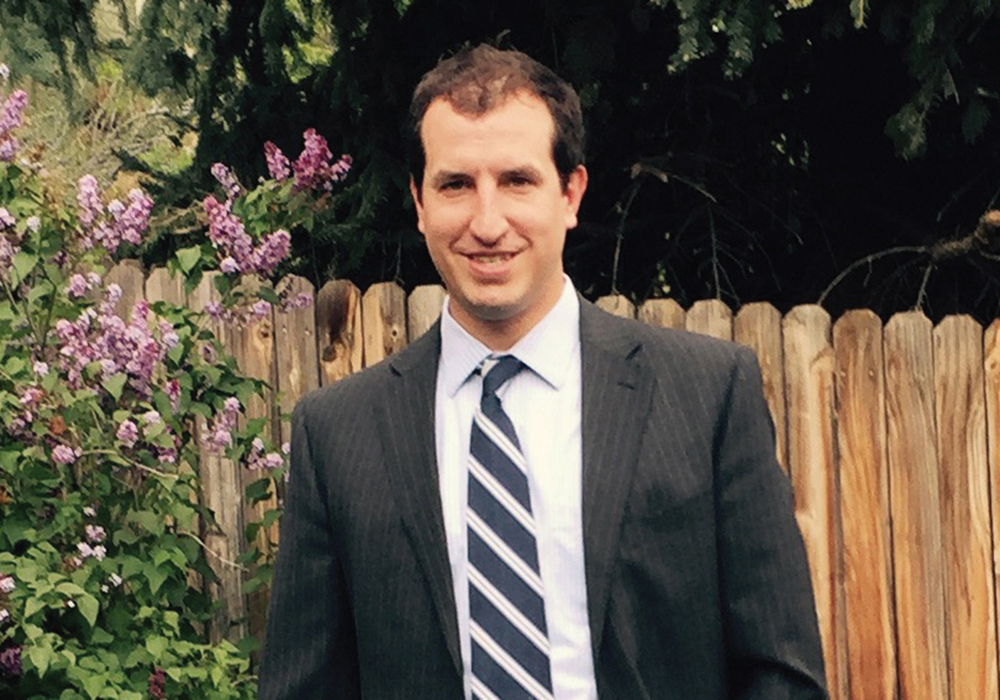Five years ago, Alex Hood was about to join the largest law firm in Colorado when, like incoming associates across the nation, he was handed a one-year furlough.
With an interest in immigrant workers rights, Hood and a lawyer friend launched Towards Justice to fill the year. “Our mission was to help the immigrant Spanish-speaking community with all types of legal needs,” recalls Hood, who became so immersed in the work that he gave up the big firm offer. “But we quickly homed in on wage theft.”
The Colorado Fiscal Institute estimates that state workers are deprived of $749.5 million per year. The Colorado Department of Labor and Employment receives an average of 5,000 complaints a year and recovers about $1 million in unpaid wages, but it doesn’t have the resources to keep up with the volume of grievances.
“We have a two-prong approach,” says Hood, whose office has grown to include three full-time and two part-time attorneys, and is now almost exclusively focused on class action suits. “We do boots-on-the-ground intake at worker centers and other locations where we can educate people about their employment rights. Then, we either litigate cases ourselves or refer them to other attorneys or agencies that can help.”
In 2014, Towards Justice handled 270 intakes, represented 166 workers and settled its first class action for $300,000, filed on behalf of illegally compensated grocery store workers. Towards Justice is currently litigating eight class cases in the Colorado state and federal courts. The Washington Post reported on Towards Justice’s nationwide class action on behalf of 50,000 current and former au pairs in the State Department’s J-1 visa program, alleging anti-trust violations, fraud, and that the au pairs were paid below $4.35 an hour, which is less than federal minimum wage and the minimum wage of many states.
“It’s still shocking to me when people show up with pay stubs that say they are working sixty hours per week with no overtime,” says Hood. “The scope of the problem is tremendous.”





